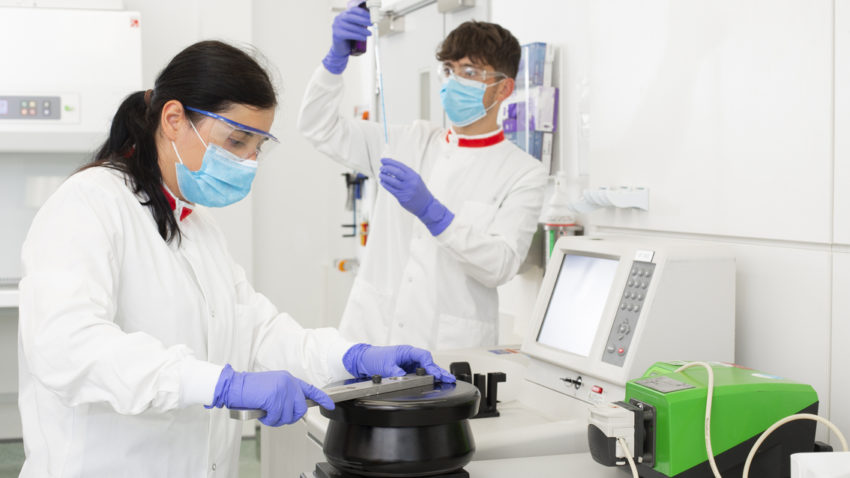Cell and Gene Therapy Services

Pharmaron aims to enable biologics innovators through extensive cell and gene therapy discovery and development capabilities. This is supported by a suite of analytical and functional assays and a full offering of in vitro/in vivo services highlighted by potency and safety to help identify the shortest pathway to approval.
| Cell and Gene Therapy | Discovery | Preclinical | Clinical | Commercial |
|---|---|---|---|---|
|
CGT Services
|
||||
|
Discovery
|
Preclinical
|
Clinical
|
Commercial
|
|
|
Discovery
|
Preclinical
|
Clinical
|
Commercial
|
|
|
Discovery
|
Preclinical
|
Clinical
|
Commercial
|
|
|
Discovery
|
Preclinical
|
Clinical
|
Commercial
|
|
|
Discovery
|
Preclinical
|
Clinical
|
Commercial
|
|
|
Discovery
|
Preclinical
|
Clinical
|
Commercial
|
|
|
Discovery
|
Preclinical
|
Clinical
|
Commercial
|
|
|
Discovery
|
Preclinical
|
Clinical
|
Commercial
|
|
|
Discovery
|
Preclinical
|
Clinical
|
Commercial
|
|
Contact Us
Request more information about our services
